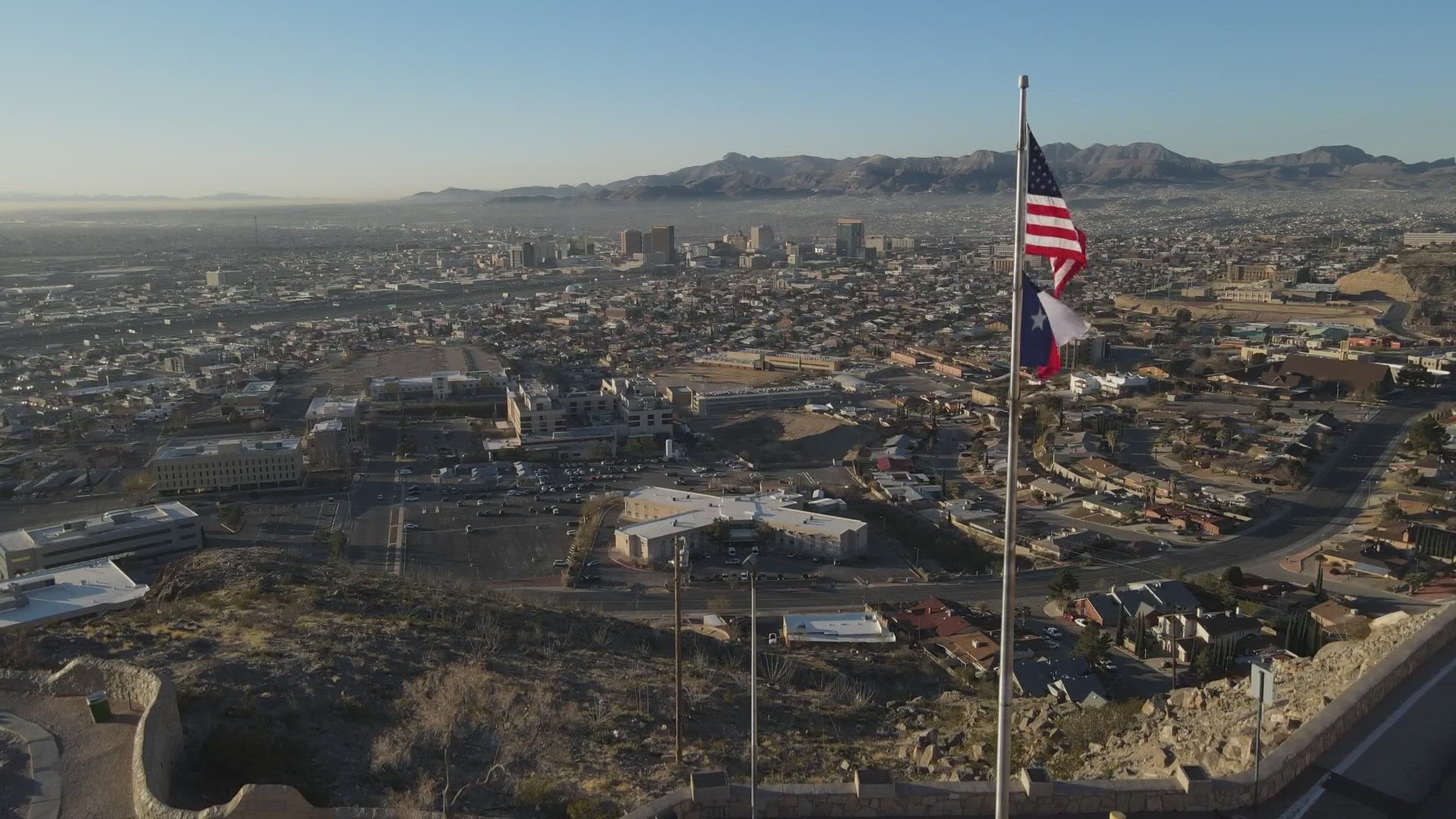AURORA, Colo. — Title 42, the Trump-era rules that allowed border officials to quickly return asylum seekers back over the border on grounds of preventing the spread of COVID-19, expired last week.
Title 42 also restricted the number of people who could be detained in ICE detention facilities like the one in Aurora, owned by a private company called the GEO Group.
"We have been hearing this report from community partners that people are being released. And to me, that is them preparing for a surge of people being detained at the border," said Elizabeth Jordan, Visiting Assistant Professor at DU's College of Law and Director of the Immigration Policy Clinic at the school.
While many people considered Title 42 a border policy, Jordan said it also has impacts in the interior of the United States. ICE detention is one of them.
"I am very worried that we're going to see more people detained unnecessarily at the private detention center here in Aurora because we do detain people who seek asylum and move them through the detention system," Jordan said.
Detention facilities like the one in Aurora also make money based on the number of people in their custody each day.
"I think the GEO Group is going to make a lot of money in the next few months because they get paid per person," Jordan said.
Many of those who are detained in the ICE facility are directly taken from the U.S.-Mexico border to detention facilities across the country. They are held there until they are either released back into the community or face removal from the United States back to their country of origin.
Many who are currently crossing are coming from Venezuela, a country that is not accepting removals -- meaning that if a Venezuelan is taken into ICE custody, they more than likely will be released back into the community.
"Under the law at a certain point, if it becomes clear that somebody won’t be removed, they actually are entitled to release," Jordan said. "So we just wasted a lot of U.S. taxpayer resources to potentially release someone in the community who could have been released at the start of that whole process instead of going all the way through it."
Jordan said she remains concerned about the care detainees received. One of her current clients is the family of Melvin Ariel Calero-Mendoza, a Nicaraguan man who died while at the Aurora facility.
"I’m always concerned about that detention facility because its track record is so poor. I just don’t think anybody is safe in there," Jordan said.
When asked if ICE or GEO would increase the number of people held in ICE detention, ICE responded with the following statement:
"Regardless of operational posture our mission has remained constant – our law enforcement professionals have and will continue to apply prosecutorial discretion on a case-by-case basis, in accordance with U.S. law and DHS policy, responsibly and in a manner that best protects our nation against the most imminent threats."
SUGGESTED VIDEOS: Latest from 9NEWS

